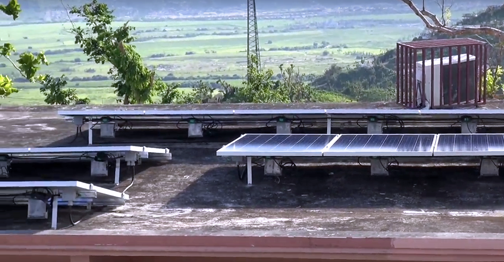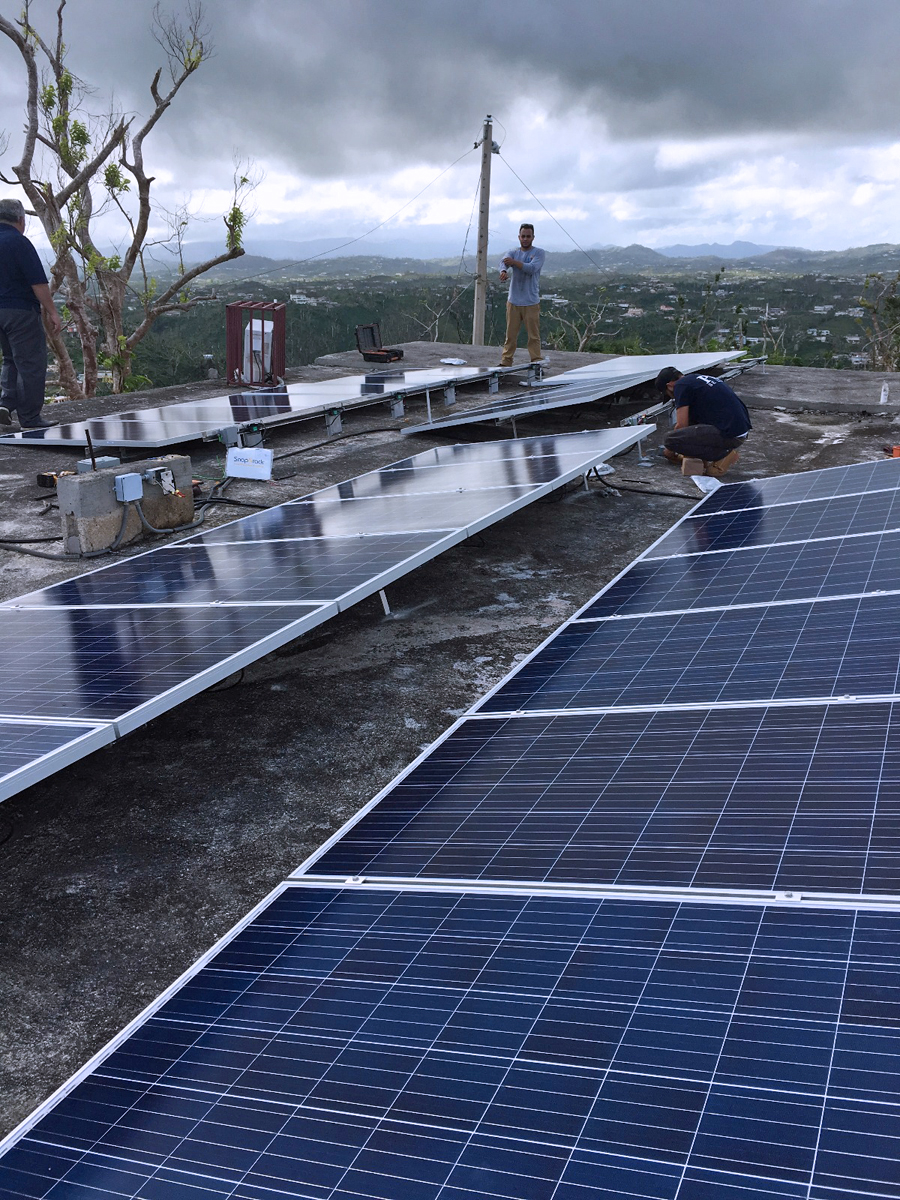Critical facilities pioneer new model for boosting energy resilience in Puerto Rico

The Community Energy Resilience Initiative (CERI) unveiled the first three critical facilities to be powered by solar microgrids with storage, in response to a pilot program that combines economic sources to boost energy resilience on the island.
The model, which is the first of its kind in the Caribbean, stands out for combining philanthropic grants and financing to facilitate access to solar infrastructure that will provide clean and affordable energy in communities that have become vulnerable to natural events and that are in economic disadvantage.
The model is planned to impact some 350 critical facilities in Puerto Rico and be replicated in other countries, states, and cities worldwide to promote equitable energy resilience.
While the specific economic investment was undisclosed, nonprofit officials confirmed that the subsidy granted to each organization is determined on the basis that each organization receives a minimum of 10% to 15% savings on its electricity bill.
CERI’s initiative has been tested with three critical facilities: Puerto Rico Pre-Vocational and Industrial Institute (IPVI), in Arecibo; Famacia Jomari, in Patillas; and Valentín Service Station, in Utuado. Each facility obtained a solar microgrid design with storage that meets their needs. At IPVI, the installation of the renewable energy system has already begun and installations will soon start at the other two facilities.
“Since Hurricane María in 2017, service interruptions are common and jeopardize the community’s access to essential services such as health care, in addition to affecting economic development,” said David Haddock, vice president of administration and programs of the Puerto Rico Community Foundation, which has partnered with RMI, Global Energy Alliance for People and Planet and Enel North America to move the project forward.
“This model allows Puerto Rican communities to rely on their uninterrupted access to energy and take advantage of cost savings,” he said.
The three facilities were selected after a merit-based process that focused on their role in the community during and after Hurricane María, and the services they continue to provide during power outages.
Instituto Pre Vocational e Industrial (IPVI) serves nearly 2,000 students and community members a year, offering educational and social services to the elderly, homeless, and women and children. IPVI served as a key recovery point in Arecibo after Hurricane María, ensuring much needed aid was distributed to the community.
“Having continuous energy will mean our equipment can keep running, preserve food, and we can keep crucial services available for the communities we serve, many of whom depend on us for their livelihoods,” said Nilsa López, founder of IPVI.
Valentín Service Station, located in Mameyes, Utuado, the only gas station and mini supermarket in the area, provides services to five neighboring communities that are far from urban centers.
“Ours is the only business of its kind in this area. This is where local people get fuel to get to work, and food for their families. Our presence and ability to function, especially during times of crisis, is incredibly important,” said Francisco Valentín, owner of Valentín Service Station.
Meanwhile, Jomari Pharmacy is a community drug store located in Patillas, providing computer and printing services in addition to selling, delivering, and consulting on medication.
“A specific solar panel system was designed for Farmacia Jomari to enable us to function if another natural disaster happens. In any emergency, Farmacia Jomari will be able to continue to serve the community,” said Marissa Carrasquillo, owner of Jomari Pharmacy.
The participating financial institutions for the three pilot critical facilities are Banco Popular and CooPACA.
The CERI team announced plans to expand to a demonstration portfolio of 20–40 projects, done in coordination with local financial institutions, to further develop this model and gain the efficiency needed to equitably scale the benefits of energy resilience more broadly.
CERI is seeking partners to join the effort and provide support.








